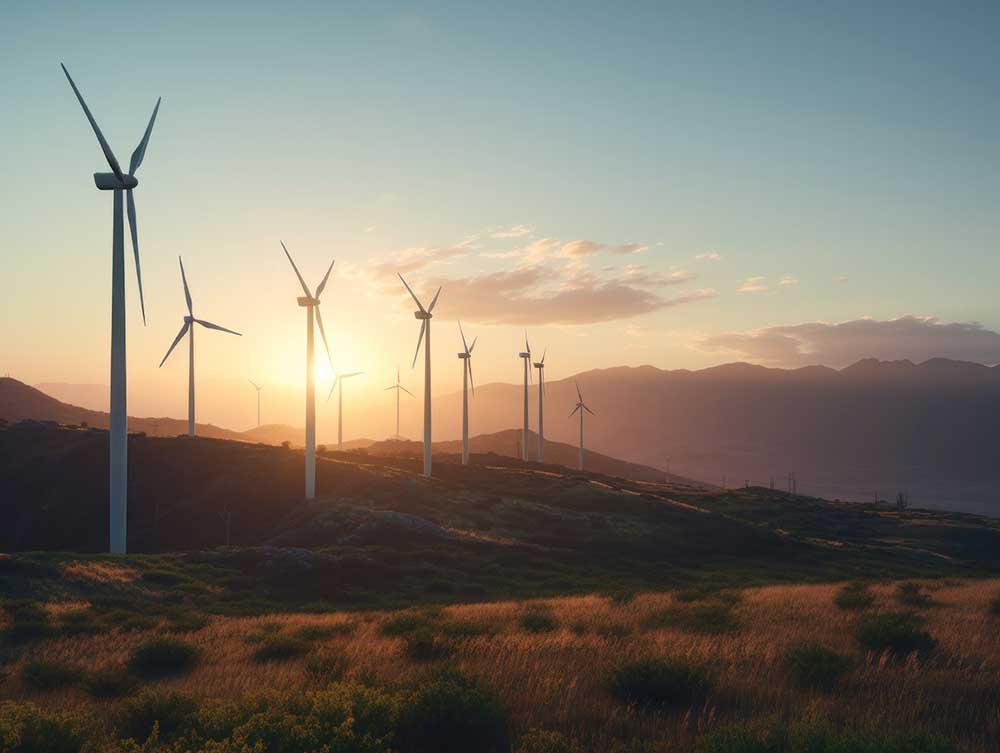EFSEC releases findings on Horse Heaven energy proposal
Published 9:00 am Wednesday, May 1, 2024

- The Washington Energy Facility Site Evaluation Council may require Scout Clean Energy to scale back the number of turbines it plans to put up for the Horse Heaven project.
The Energy Facility Site Evaluation Council released Monday the conclusions members drew from an eight-day hearing last summer on the proposed Horse Heaven wind and solar project in southeast Washington.
The project, up to 222 turbines and more than 5,000 acres of solar panels, would transform the scenic Horse Heaven Hills in Benton County, but would help combat climate change, the council concluded.
The release of Order 892 came 12 days after EFSEC voted 5-2 to recommend Gov. Jay Inslee approve the project, though with limits Scout Clean Energy says will gut its plans to build the state’s largest renewable energy development.
The order was sent Monday with the recommendation to Inslee. The governor has 60 days to approve or reject the project, or ask EFSEC to reconsider restrictions imposed on Scout.
The recommendation balances the state’s need for renewable energy with objections raised in the hearing by Benton County, the Yakama Nation and Tri-City CARES, a citizens group, according to EFSEC.
Plus seen for farmers
EFSEC’s order rejects the county’s opposition to covering about 6,000 acres of farmland with turbines and solar panels. The council concluded lease payments will firm up farm incomes and benefit the agricultural economy.
The council also found the project would create construction jobs and significantly increase tax revenues. The council did not address whether the project in the long run would raise property taxes on other taxpayers.
As turbines and solar panels depreciate in assessed value, taxes initially paid by an energy company are shifted onto other taxpayers, according to a study by the Washington State Association of Counties. Efforts to obtain comment from Scout were unsuccessful.
EFSEC was sympathetic to concerns raised by the tribe and Tri-City CARES. The council found “it easy to conclude” the project “would be visually transformative for the region.”
To reduce project impacts, EFSEC recommends prohibiting turbines within 2 miles of Ferruginous hawk nests, even nests that haven’t been occupied for years.
Scout has chaffed at the restriction, stating it calls into question Washington’s commitment to fighting climate change.
Tribal testimony described
The Yakama Nation remains opposed to the project. The order offers previously undisclosed insight into closed-door testimony from tribal members.
Tribal practice prohibits sharing certain information outside the tribe, but several tribal members spoke to EFSEC to “demonstrate the gravity” of their concerns, the order states.
Yakama Nation culture, tradition and history have been linked to the Horse Heaven Hills since time immemorial and can’t be reduced to artifacts or past cultural practices, according to the testimony.
“The council found the testimony of the Yakama Nation elders compelling,” the council concluded.





